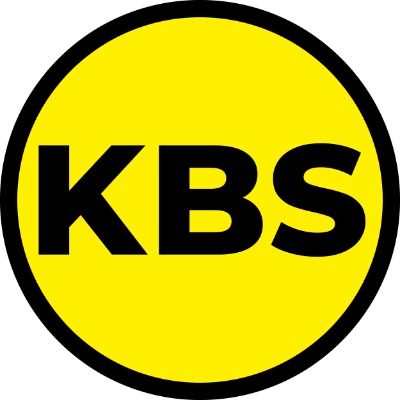Business gurus love to throw around buzzwords when sharing their success stories. You may even hear them boast about their record sales figures and company profits in the same breath — but don’t get the two confused!
Revenue is not the same as profit, and understanding the difference is essential if you want a clear picture of your finances. Let’s break it down.
What’s the difference between income and profit?
Revenue 💰
When people talk about sales, they’re usually referring to gross revenue. This is the total sum your business generates from selling products or services.
However, this doesn’t include any income you earn from other sources such as fundraising, investments or grants.
Since this is the very first line on your income statement, it’s often known as your “top line”.
Profit 📈
Meanwhile, your profit — specifically your net profit — sits on the bottom line of your income statement.
Essentially, it’s what you have left after deducting all your expenses, operating costs and debts from your gross revenue.
This is different from net revenue, which only considers expenses directly tied to revenue.
Revenue and profit in practice
Say you run a small retail business and generate £30,000 from selling your products annually — that’s your revenue.
But as the old saying goes: you need to spend money to make money. To work out your profit, you’ll need to subtract all expenses from that total.
These expenses may include:
- staff costs
- rent and utility bills for your business premises
- the costs of products and raw materials
- marketing and advertising fees
- money spent on office equipment, stationery and software.
In this case, let’s say your expenses and taxes add up to £10,000. Take that off the total, and you’re left with a net profit of £20,000 a year. Nice one!
What’s more important?
You need to keep an eye on both revenue and profit if you really want to understand your business 👀, but there’s a reason why everyone always talks about the bottom line.
When push comes to shove, your profits will give a more accurate picture of your finances than your revenue. You could still make a net loss if you spend more money than you bring in, so an amazing year of sales won’t always guarantee a profit.
Profitability is also key if you want to move your business forward or get funding. After all, you’ll need to prove that you’re business-savvy enough to give lenders a return on their investment.
That said, you can’t make a profit without sales. Tracking your revenue, alongside other metrics, can give you valuable insights into how your business is performing.
You’ll also need to draw up accurate sales forecasts to help you make important business decisions such as setting manufacturing and sales targets or hiring employees to help you keep up with demand.
Tracking your expenses is important, too — you’ll need to hold onto all those receipts if you want to cut your tax bill down to size.
How can we help?
It’s easy to get overwhelmed when you first start out in business. Swotting up on all the jargon is like learning a whole new language — and how are you supposed track your business transactions when you have other responsibilities to take care of? 🤔
There’s a lot of conflicting advice out there, but don’t panic. As experienced accountants, we know how to help you feel in control of your business.
Need someone to handle your bookkeeping tasks? No problem. Want advice on cutting costs or managing your finances? We’re on it. No challenge or question is too big or small for us — we’re here to support you no matter what.
Get in touch with us today to find out how our services can make your life easier.

